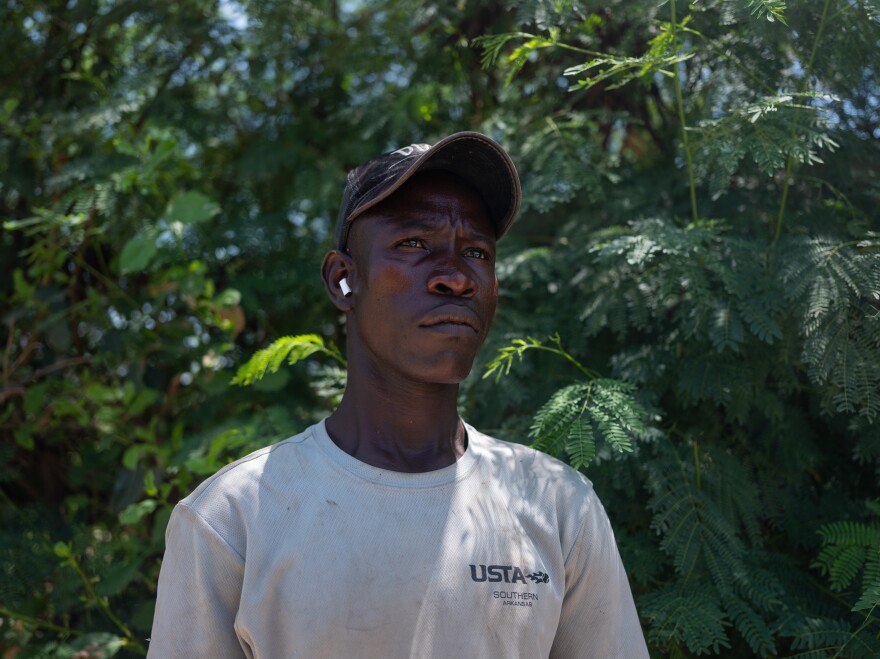People from all over West Africa come to Rufisque in western Senegal to labor in the lettuce fields – planting seeds and harvesting vegetables.
Here, dragonflies hover over neat green rows of plants. Young field workers gather near a fig tree for their midday break as sprinklers water the fields.
The farmers on this field could no longer tend to crops in their own countries. Desertification, short or long rainy seasons, or salinization made it impossible.
They come from the Gambia, Burkina Faso and Mali and are part of the 80% of Africans who migrate internally, within the continent, for social or economic reasons.
They tell NPR about the push factors that made them leave their home countries, as well as the pull factors in Senegal.
Listen to our full report by clicking or tapping the play button above.
Mallika Seshadri contributed to this report. contributed to this story
Copyright 2023 NPR. To see more, visit https://www.npr.org.










